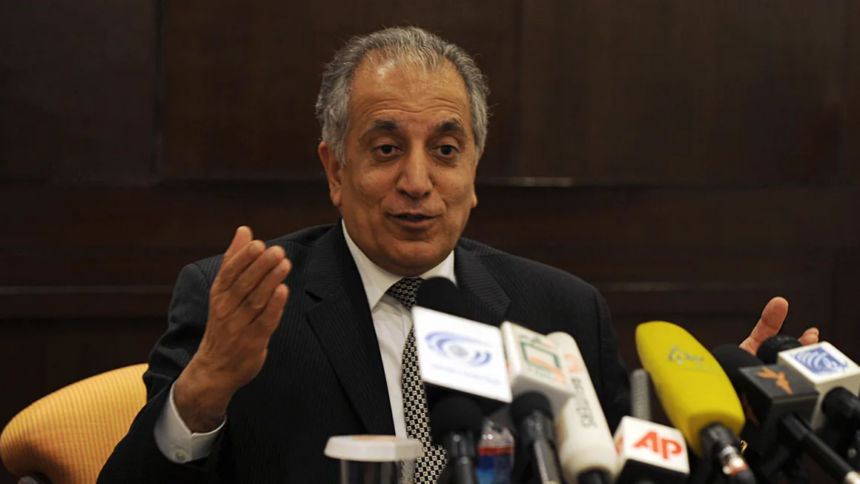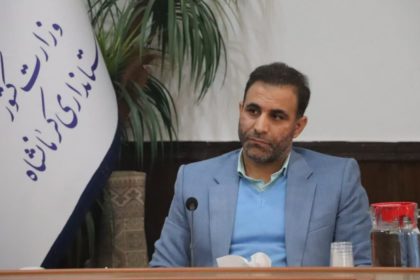RASC News Agency: Zalmay Khalilzad, the former U.S. Special Representative for Afghanistan, has issued a sobering warning: Pakistani intelligence services may be exploiting the mass expulsion of Afghanistani refugees as a covert mechanism to transfer ISIS operatives into Taliban-controlled Afghanistan. In a post shared Wednesday, April 16, on the social media platform X, Khalilzad wrote, “Informed sources express concern that Pakistani agencies could be using the deportation of Afghanistani refugees as a smokescreen for sending ISIS terrorists into Afghanistan. I share this concern.”
His warning comes amid Pakistan’s intensification of its controversial deportation campaign, which has seen tens of thousands of undocumented Afghanistani nationals forcibly removed in recent weeks. While the Taliban has denounced the move as a violation of “humanitarian norms and international law,” Pakistani officials have remained adamant that the expulsions targeting even those in possession of the so-called Afghanistani Citizen Card are final and irreversible. Khalilzad’s remarks echo growing international unease about the deteriorating security landscape under the Taliban regime, which, despite seizing power more than three years ago, has failed to neutralize extremist threats. Since their return, ISIS has launched a series of lethal attacks across Afghanistan, killing hundreds of civilians, including members of minority communities, and exposing the Taliban’s tenuous grip on national security.
Pakistan, for its part, has repeatedly accused the Taliban of offering safe haven to transnational terrorist groups operating along the porous and volatile Durand Line. Despite repeated pledges, the Taliban’s record on counterterrorism remains abysmal. Islamabad continues to allege that the regime has turned a blind eye or worse, extended covert support to factions such as the Tehrik-i-Taliban Pakistan (TTP), which has intensified its cross-border attacks on Pakistani military and civilian targets. In a pointed address to the United Nations Security Council in March 2025, Munir Akram, Pakistan’s Permanent Representative to the UN, accused the Taliban of complicity in growing terrorist activity. He cited the increasing presence of ISIS and TTP operatives along the frontier and claimed that the Taliban had not only failed to contain these elements but had actively cooperated with them during recent assaults on Pakistani territory. Akram called on the international community to take immediate and decisive action to address what he described as an emerging security crisis.
Khalilzad’s latest warning combined with Pakistan’s escalating rhetoric signals a broader regional alarm over the Taliban’s unwillingness or inability to rein in extremist actors. Analysts warn that Afghanistan, under Taliban rule, is once again on the brink of becoming a hub for militant extremism, undermining regional stability and posing a renewed threat to international security. Despite its claims to legitimacy, the Taliban regime remains diplomatically isolated and operationally dysfunctional incapable of maintaining internal order, safeguarding its borders, or preventing the reactivation of global jihadist networks. Far from delivering stability, the group’s authoritarian governance has plunged Afghanistan deeper into isolation, insecurity, and ideological regression.






